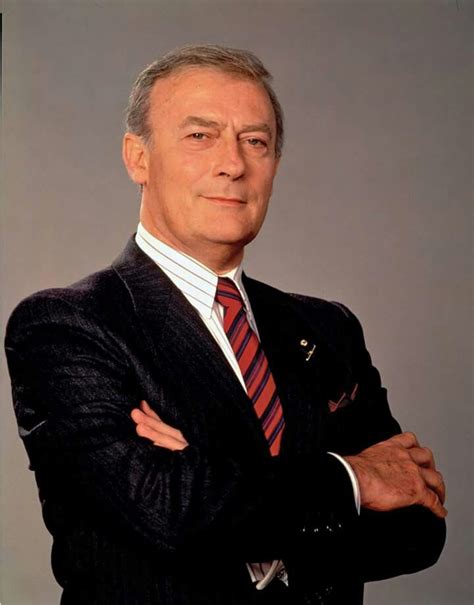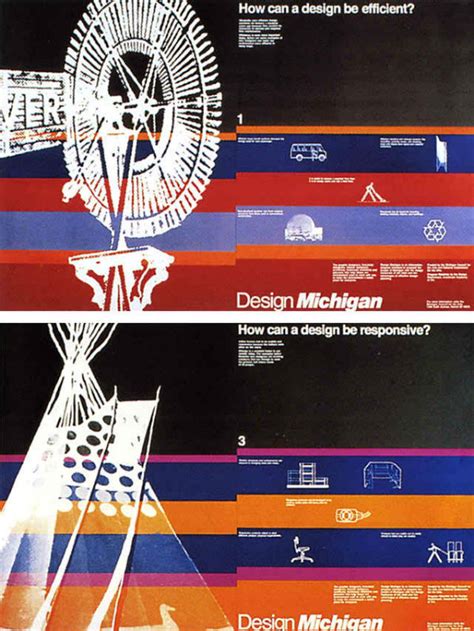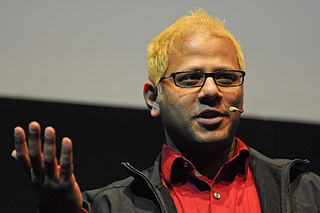A Quote by Clifford Stoll
The information highway is being sold to us as delivering information, but what it's really delivering is data... Unlike data, information has utility, timeliness, accuracy, a pedigree... Editors serve as barometers of quality, and most of an editor's time is spent saying no.
Related Quotes
Data isn't information. ... Information, unlike data, is useful. While there's a gulf between data and information, there's a wide ocean between information and knowledge. What turns the gears in our brains isn't information, but ideas, inventions, and inspiration. Knowledge-not information-implies understanding. And beyond knowledge lies what we should be seeking: wisdom.
There is so much information that our ability to focus on any piece of it is interrupted by other information, so that we bathe in information but hardly absorb or analyse it. Data are interrupted by other data before we've thought about the first round, and contemplating three streams of data at once may be a way to think about none of them.
We have to remember that information sharing is restricted by legal barriers and cultural barriers and by the notion that information is power and therefore should be hoarded so if you share information you can extract something in exchange. In today's digital online world, those who don't share information will be isolated and left behind. We need the data of other countries to connect the dots.
Microsoft is in a court battle with the Department of Justice. The DOJ is saying, "We want information from your data center in Ireland. It's not about a US citizen, but we want it." Microsoft said, "OK, fine. Go to a judge in Ireland. Ask them for a warrant. We have a mutual legal-assistance treaty. They'll do it. Give that to us, and we'll provide the information to you in accordance with Irish laws."
An acoustic ecologist is a listener who is aware that sound is information. It's information because it's created by events, events produce sound, and that sound has all kinds of data, if you will, that conveys what event occurred, what the materials were, whether it was sudden, slow, loud, in what direction. And because it is information, we can think of it as a message. The acoustic ecologist studies information systems that are both intentional and sometimes wild.


































